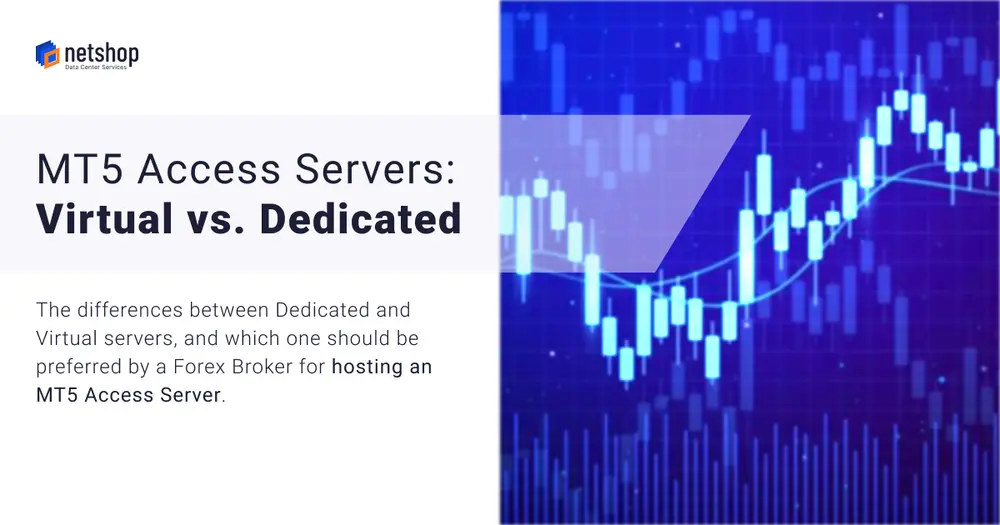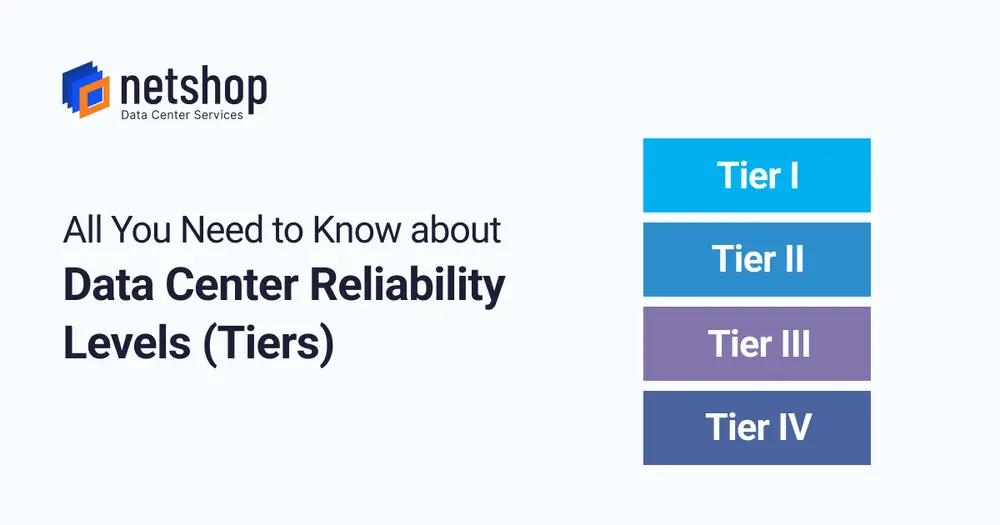Every year, a new country welcomes iGaming into their shores. iGaming is evolving at a fast pace and it is encroaching territories that didn’t use to welcome this regulated online gaming venture. But if marijuana use could enjoy widespread acceptance in America, so would iGaming.
The iGaming industry has been limited in American shores because of the Professional and Amateur Sports Protection Act of 1992 or PASPA, which outlawed sports betting of any kind nationwide. The law has since been repealed. But of course, every state has its own powers. Some states have already issued licenses to some iGaming businesses even when PASPA was in effect. That is already a win. Just like marijuana, it may become a decades-long battle, but as long as it is making headway, then it is a win nonetheless.
In 2014, Forbes thought that online gaming is about to make it big in the US and everywhere else. But regulations are making it hard for these online gaming companies to penetrate the nation.
iGaming advertising in the US
Now that some states have issued licenses to online gaming operators, Google has also updated its gambling and games policy. The company now allows operators to run advertisements through the platform. The advertisements can be viewed in Colombia, Kenya and Nigeria. Now, it has also expanded the promotion to US states that have allowed online gaming.
The test markets in the US for the Google policy change are Indiana, Iowa, Montana, Pennsylvania and Rhode Island. Nevada, New Jersey and West Virginia are already open to advertisements beforehand. Advertisements are among the most effective ways to inform the public about a new product or service. It is an opportunity for operators to introduce their iGaming products to the people in these states. Acceptance may follow. Widespread acceptance in these five states means there is potential for approval in other states as well.
There is always a chance for mainstream acceptance considering that the states will earn from the iGaming industry. There are licenses, permits and taxes that will be paid to the local and state governments.
Ongoing discussion
Everybody knows that when there is acceptance in America, the rest of the world follows. For now, there are only limited areas where online betting is really a mainstream betting hobby—some European countries and a few African nations. But of course, discussions are ongoing to make America an iGaming destination.
The International Casinos Exhibition or ICE has been everywhere. During the recent ICE North America, the topics included iGaming, affiliate marketing, e-Sports, iLottery and sports betting. For iGaming, the industry’s think tanks talked about how the PASPA repeal opened doors for the gambling industry, using sports betting as main guide in giving customers a fully interactive experience.
The main topic of ICE North America, as far as iGaming is concerned, is how to open opportunities for operators across the U.S. and not just the states that are open to issuing licenses and permits. Case studies were discussed on how one operator successfully managed to acquire a license from one state. But of course, if operators want to make it across the U.S., their services have to be top-notch. Those were discussed, too.
The Wire Act was also discussed. This refers to the Interstate Wire Act of 1961 or Federal Wire Act, which prohibits the operation of betting businesses in the U.S. Of course, one could say that the law is outdated. That premise was exactly what online gaming operators were relying on. And the Department of Justice found a valid point in revisiting the law.
Campaign for online betting
The Supreme Court still has not ruled whether the provisions under the Federal Wire Act affect online gambling. The Justice Department, though, ruled that the law covers all kinds of online gambling and not just sports betting. But the implementation of the law, along with the latest interpretation, was delayed to give businesses time to be compliant with existing laws.
But on June 3, 2019, U.S. District Court Judge Paul Barbadoro ruled that the Federal Wire Act is limited to sports gambling. The Justice Department has since filed an appeal against Barbadoro’s judgement before the U.S. First Circuit Court of Appeals.
The legal fight may take on a life of its own and may even take years to be resolved. But what is important here is that people—the American people—are talking about it.





















